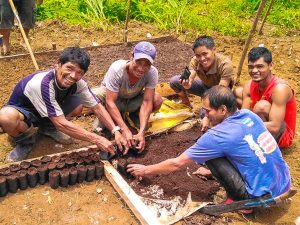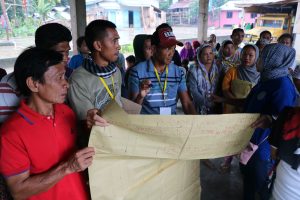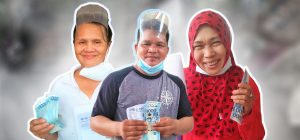ECOWEB Inc. and AWO International partners in the implementation of the GREEN-FIBER Project in Sibagat, Agusan del Sur to Strengthened Resilience of Abaca Farming Families through Sustainable Livelihood and Transition to Green Technologies.
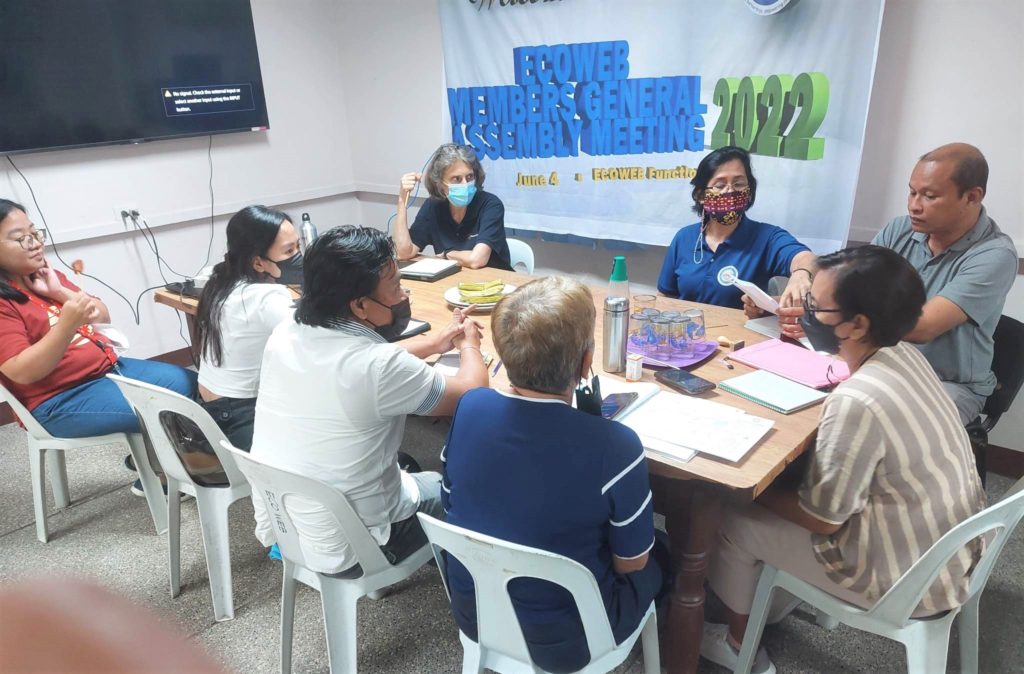
The project will benefit 1,500 households of farmers (or 7,000 persons) in 15 barangays of Sibagat municipality with at least 20 organized self-help groups (SHGs) per barangay.
The 15 barangays are Perez, Padiay, New Tubigon, Kioya, Banag-banag, Magsaysay, Sta. Cruz, Sinai, Sta. Maria, Villangit, Tabon-tabon, Ilihan, Anahawan, Kolambugan and Kauswagan.
About 45% of these beneficiaries are Manobo by ethnic identity who are considered as among the vulnerable and marginalized sector of the country. Of the beneficiaries, 46% are females and 54% are males. There are about 135 or 1.8% of them are persons with disability; 7.3% are senior citizens; and 1.8% (135 persons) are having COVID-19 comorbidities.
The project estimates to indirectly benefit 15,000 persons.
The entire project will be implemented by ECOWEB Inc. with the support of AWO International from November 2022 until April 2026 with funding from German Federal Ministry for Economic Cooperation and Development (BMZ) and from the German Relief Coalition (ADH).
The social preparation includes launching a partnership with the local government of Sibagat, household profiling in 15 barangays, conduct of climate smart farm planning, and capacity-building on the standards of fiber extraction and processing.
Farmers will be organized into production guilds (PGs) that are composed of self-help groups and will be provided with capacity-building for technical, organizational, and entrepreneurial management.
When PGs are strengthened, they will be then organized into cooperatives, two of which will pilot the abaca processing facility powered by renewable energy (RE).
Farmers will be able to receive standard abaca farm equipment and farm extension services to ensure an increase in the production of quantity and quality of abaca fiber.
As such, ECOWEB Inc. hopes to see them “increase their production and household income through enhanced farming and low-carbon processes in the succeeding years.”
ECOWEB Inc. and AWO International will likewise develop a partnership with the local government to ensure project’s sustainability and for the development of abaca industry.
This developmental intervention responds and will correlate abaca fiber production to cross-cutting global concerns on climate and disaster risks reduction to enhance livelihood resilience of disadvantaged communities and vulnerable families and ensure their food and nutrition security. Gender and social inclusion will be ensured in the process of capacity enhancement of target groups.
Although abaca is at the core of the enterprise development in this project, the strategies for its implementation inspire crop diversification, soil and nutrient management, organic integrated peace and disease management, farm waste recycling, soil and water conservation, livestock and poultry management, and establishment of agroforestry because abaca thrives best in tree-shaded and cool environment.
Farmers will also be taught on the use of organic fertilizers for fruits, abaca, and other vegetation as well as the use of integrated pest, insect, and disease control management.
The series of training for farmers are inclusive of the integration of climate change adaptation mitigation, farm development and quality fiber production, enterprise development, introduction of renewable energy and green fiber facility development, and community development.
ECOWEB Inc. noted that farmers are the most affected group amid increasing variability and unpredictability of extreme weather events and climate events, drought, alteration of land use and suitability for agriculture production that results to an increasing pest and disease outbreaks.
Agriculture is the most affected sector in extreme weather events that damages crops, forestry, aquaculture, crops and vegetation. The climatic issues imbalance the entire ecosystems and human condition.
The intervention is hoped to contribute to the localization of sustainable development by harnessing the multi-dimensional contexts and empirical experiences of the hinterland and indigenous community while applying the principles of universality of rights for development, its integrated and inclusive approaches, and to be able to measure the outcomes and impacts of these experiences as contribution to local and national development.
It intends to see Sibagat-based abaca farmers in institutionalized cooperatives and federation representing themselves in the municipal, provincial, and regional development councils – wherein they are able to promote the integration of their abaca industry in the community development plan, in the Local Climate Change Action Plan, and in the Ancestral Domain Sustainable Development Protection Plan (ADSDPP) of the Manobo community in the municipality.
The Sibagat local government is also known as an advocate of organic agriculture making them an important partner of this project to ensure sustainability of its impact.
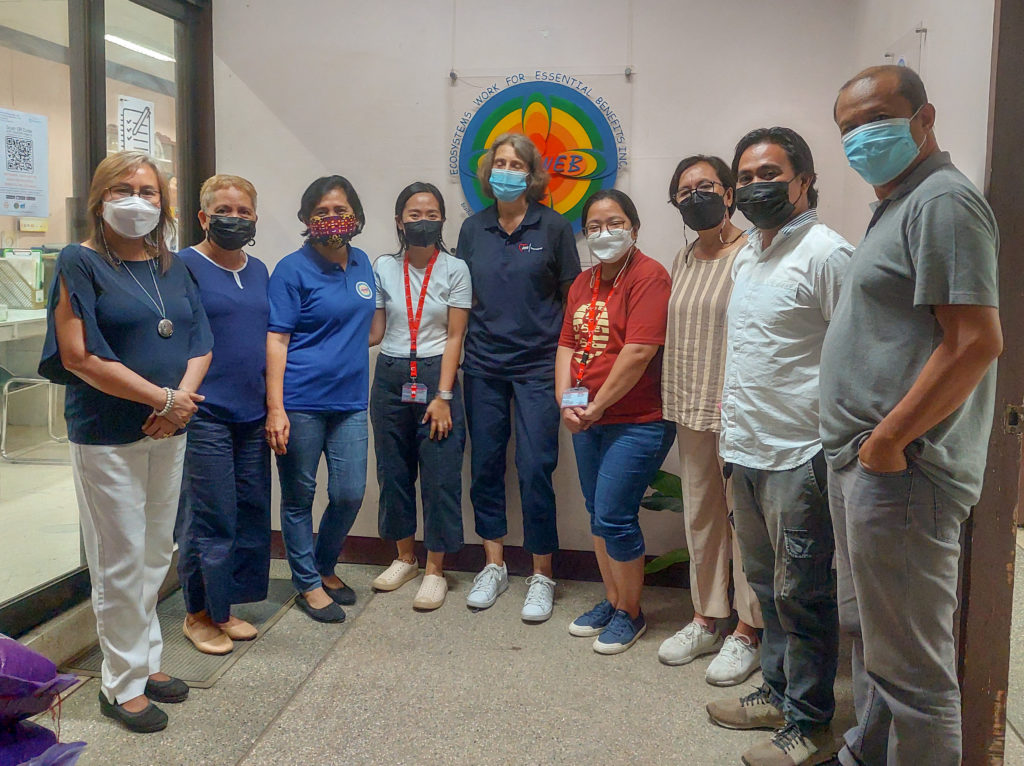
Supported by:
Implemented by:


